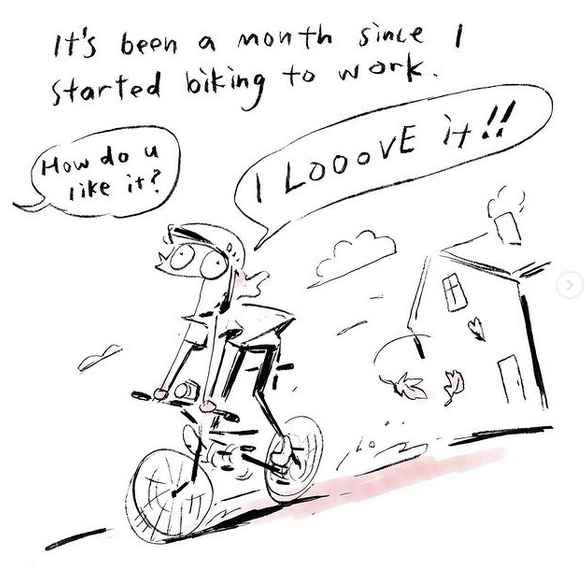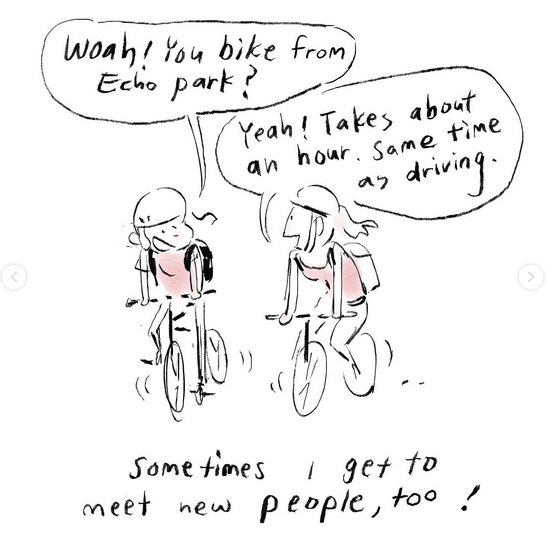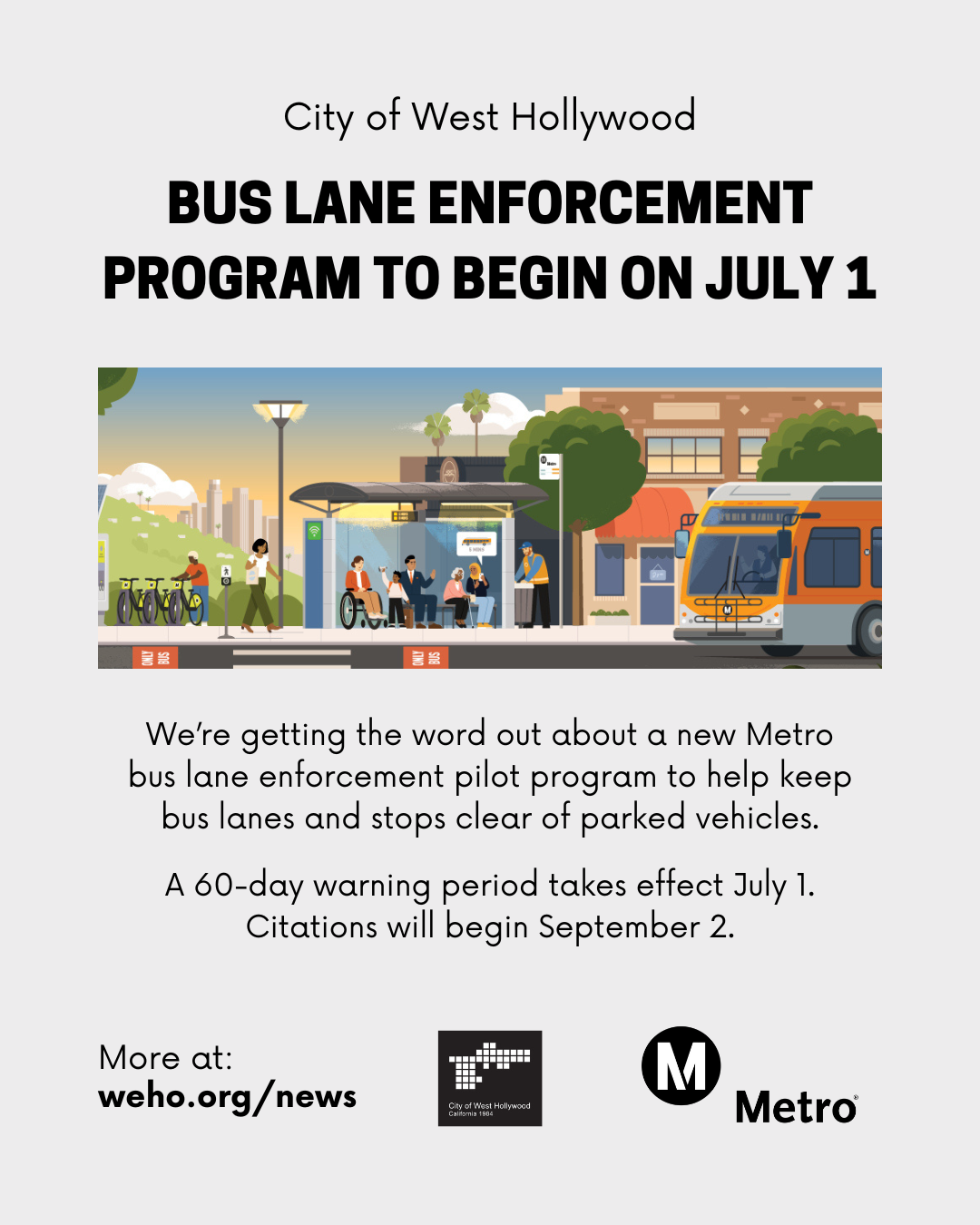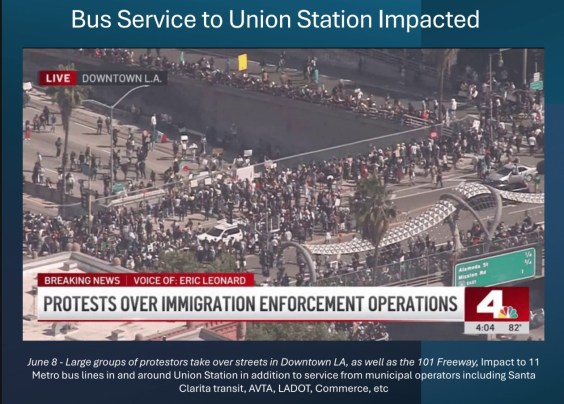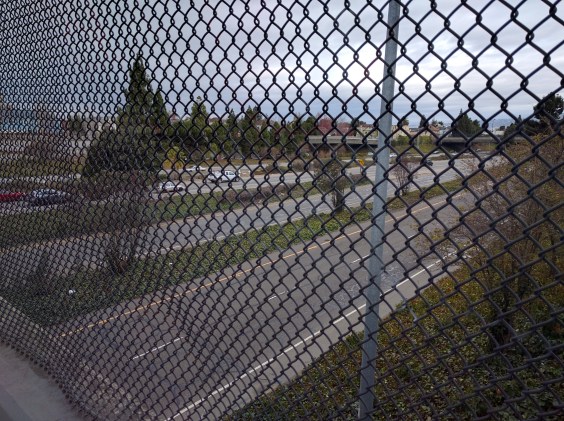Note: GJEL Accident Attorneys regularly sponsors coverage on Streetsblog San Francisco and Streetsblog California. Unless noted in the story, GJEL Accident Attorneys is not consulted for the content or editorial direction of the sponsored content.
Parking cash-out was first espoused by UCLA Professor Donald Shoup as a strategy to make companies who give their employees free parking also offer them a cash option not to park.
The idea is rooted in the understanding that free parking is a subsidy that encourages driving and that at the very least a counterbalancing incentive to not drive is needed.
California spends a lot of money every year to encourage people to find some other way to get around besides driving, but the existence of this employee benefit undermines that work. Some estimates put the number of employers who offer free parking in Los Angeles and San Diego at around ninety percent.
Parking cash-out became a rule in California in the early 1990s, but it has had little of its intended effect in part because many employers who should be subject to it claim to be exempt. A common excuse has been that many commercial leases don't break out the costs of parking separately, so it's hard to determine what if any cost they would save if their employees weren't using those spaces. If the cost of a parking spot is unknown, then the cash-out equivalent can't be determined.
Assemblymember Alex Lee set out to fix this with A.B. 2206, which has quietly made its way through the legislature and is now awaiting its fate on Governor Newsom's desk. Like many bills, it was amended and refined during the legislative process, and while in its current form it does not solve every parking cash-out issue, it closes some of the loopholes in current law.
On the face of it, A.B. 2206 is very simple. It redefines and clarifies a few terms in the original rule, and requires more transparency. The companies subject to the rule have not changed: that is, companies with fifty or more employees, that are located in an area that has not met clean air standards, that offer free parking to their employees, and that lease that parking (employers that own the parking are exempt). (A similar bill that just passed in Washington D.C. applies to smaller companies).
A.B. 2206 would require employers to inform their workers that they have the right to a cash-out benefit and to document that they have done so. This enforceable transparency is important, and by itself could potentially do a lot to raise awareness of the value of the free-parking benefit, not to mention pique the interest of anyone who does not or would rather not drive to work.
Perhaps most important, though, is one of the seemingly simple definitions in the bill. That is, it sidesteps the whole question of unbundling the costs of parking in leases by setting a formula, based on local conditions, for determining the value of a parking space.
This is important for establishing the amount of the cash-out to be offered, of course, but it does more. Creating a consistent and yet locally based formula also should make it easier for cities themselves to figure out the cost of parking, and it makes sure that the cost is pegged to actual market value, so there's no chance for a company or leasing agent to low-ball it. And if a company still can't determine the value of the parking spot, the bill sets a floor cash-out value of $50 per month, or the lowest monthly priced transit service within a quarter mile of the worksite, whichever is higher. It also sets a ceiling cash-out value of $350 per month.
The only stated opposition to the bill had come from lease managers who were not interested in being responsible for determining the separate value of parking. Introducing the formula ended that opposition.
The formula is a big advancement. It should also, in theory, make the law easier to enforce. It could even be the solution that finally makes parking cash-out do what it was supposed to do: make people aware of how much parking actually costs, and offer them that amount in cash if they don't drive.
Although some may doubt the ability of parking cash-out to encourage mode shift, research suggests that it helps. And anecdotal evidence shows that its benefits to individuals can be enormous (see accompanying illustrations by Santa Monica resident AnChi Shen, who posted a series of Instagram celebrations of her own experience with parking cash-out).
Santa Monica is probably the city that has done the most work to get companies to offer parking cash-out. It's a small city with a lot of employers. Some have estimated about three-quarters of the employers who would otherwise be subject to the parking cash-out rules claim they are exempt from them.
Colleen Stoll, who manages Santa Monica's transportation demand management team, says that the city now requires new commercial leases to list parking as a separate line item. However, there are a lot of existing buildings for which the new formula could benefit their work. But she sounds a note of warning as well, because enforcement takes commitment (as well as time and money).
The bill is also important from an equity standpoint. Someone driving a Tesla to work could be receiving a valuable benefit in terms of free parking, but their colleague who has to pay for the bus gets nothing - unless parking cash-out rules are followed.
Another thing to note is that, if employers don't want to offer cash-out, they have an easy alternative: they can charge their employees for parking. Even if that included a bump in pay, it would effectively unbundle parking from people's salaries. And that could have the intended effect of letting people know how much those precious "free" spots actually cost.
